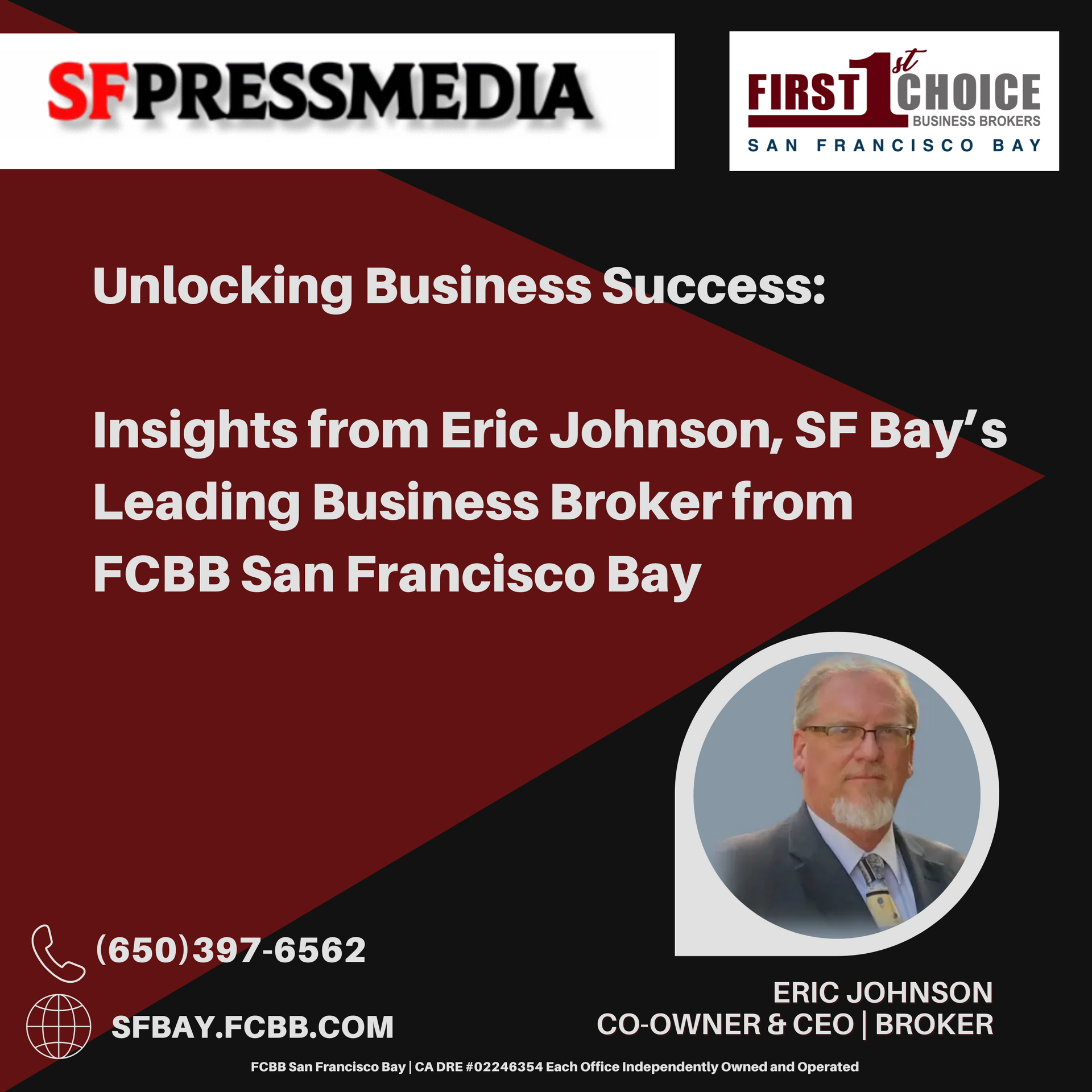How to Identify Profitable Businesses for Sale in Any Market
Finding a profitable business to buy requires more than just browsing listings. It involves strategic research, financial analysis, and a deep understanding of market dynamics. By carefully evaluating these factors, you can identify businesses with the potential for long-term success. Whether you’re an experienced entrepreneur or a first-time buyer, understanding
how to find and assess profitable businesses is essential.
1. Exploring the Best Places to Find Profitable Businesses
The first step in finding a profitable business is knowing where to look. While there are several online platforms, don’t overlook other avenues such as business brokers or networking within your industry. Often, the most lucrative deals are found through personal connections or off-market opportunities.
Once you’ve identified potential businesses, it's time to dive deeper into their financials and market positioning. A company with a strong customer base and brand recognition in a growing market is likely to be a good investment.
2. Conducting Thorough Financial Due Diligence
When evaluating a business, it's crucial to conduct thorough financial due diligence. This involves examining the company’s revenue streams, profit margins, and cash flow, real estate and equipment leases as well as purchase and sales contracts. Look for businesses with consistent, predictable revenue and a healthy profit margin, as this typically indicates a solid foundation.
In addition, assess the business’s financial history over several years. Has it grown steadily, or are there periods of decline? Consistent growth is a positive sign, while erratic or declining performance may indicate potential challenges.
3. Analyzing the Business's Market Position and Growth Potential
The business’s market position and growth potential are just as important as its current financials. A company that dominates a niche market or has a loyal customer base is more likely to sustain its profitability over time.
Evaluate whether there are opportunities for market expansion. Can the business introduce new products or services, or expand into untapped markets? Understanding its growth potential is key to determining whether the business will continue to thrive.
4. Assessing the Competition and Market Demand
Another factor to consider is the level of competition in the market. Is the business operating in a saturated market, or does it have a unique competitive advantage? Businesses with a strong differentiation strategy are more likely to maintain a competitive edge.
Additionally, consider the demand for the business's products or services. Are they still relevant, or are they becoming outdated? A profitable business will typically operate in a market where demand is stable or growing.
5. Recognizing Untapped Potential for Growth
Some businesses may not appear highly profitable at first glance, but with the right strategy, they can become successful. Look for businesses with untapped potential, such as underperforming operations that can be improved with new leadership, investments, or better marketing strategies.
Identifying these opportunities requires vision and the ability to see beyond the current state of the business. However, with a clear plan for scaling, these businesses can provide significant returns.
Conclusion:
By focusing on these factors, you can confidently identify businesses that offer long-term profitability. Careful financial analysis, market evaluation, and recognizing potential growth areas will help you make a sound investment. For further insights on
finding profitable businesses, check out our guide on evaluating profitability. As always, we recommend leveraging professionals (Accountants, Lawyers and Business Brokers etc.) and their vast networks of specialists to avoid costly pitfalls.

Recent Articles For You







